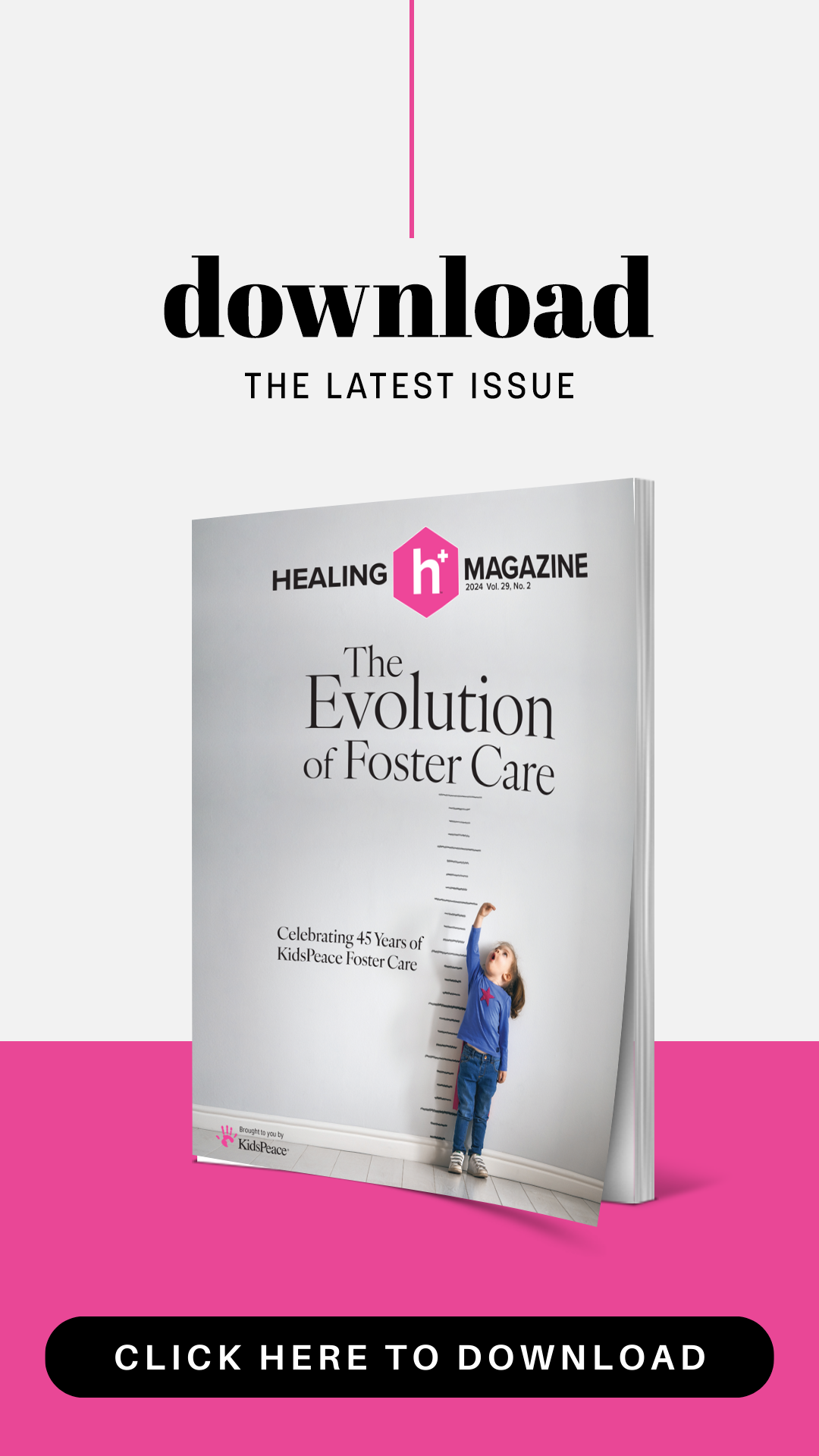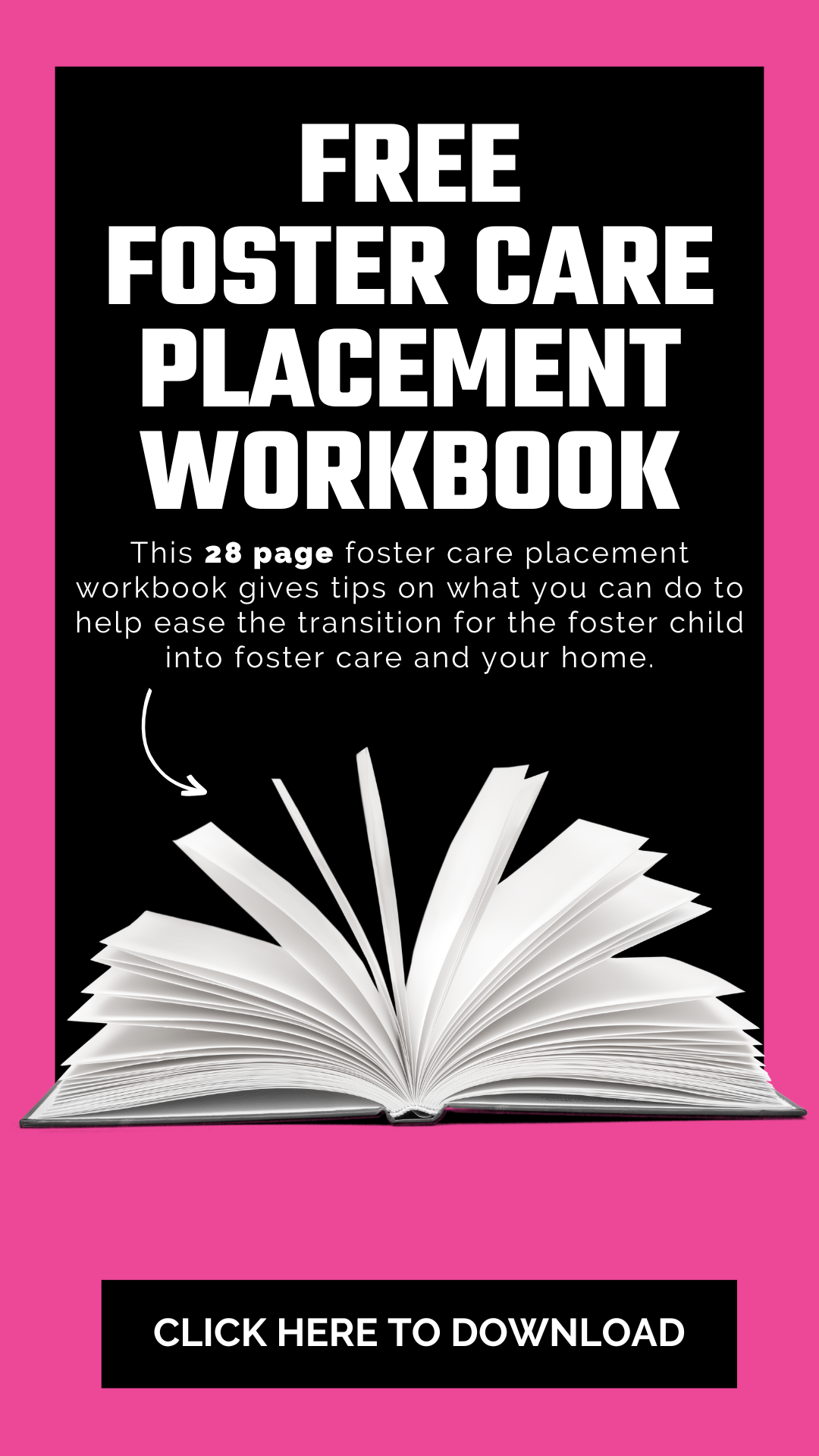
There are so many important jobs foster parents have when placed with a child. Obvious ones include being a nurturer, a stable mentor, and loving parent – but another responsibility is being the one who helps to identify and get a diagnosis for a possible medical and/or developmental concern.
As difficult as it is to squeeze one more appointment into your schedule and one more thing to do during the times of transitions and bonding, arranging medical appointments is essential. When a child is physically healthy, they can fully focus on their emotional wellbeing. If a child needs emotional support, the sooner this can be addressed, the healthier the child can become. If a learning delay is suspected, the younger the child is when they receive supports, the more success they will achieve long term.
I try to schedule a “well visit” with our pediatrician within 48 hours of a child arriving at our home. This may not give me a lot of time to get to know the child, but it provides a baseline for myself and my physician. Since you typically don’t know what happened before the child was with you or what they were exposed to or for how long, knowing how serious a medical issue is can be difficult to determine on your own. For example, when one placement arrived with what we thought was a cold, our doctor was able to give us warning signs to watch for that the infant may need more medical help. In that case, the child ultimately was admitted and spent four days in the hospital.
Personally, we see the same physician with each child in our home. We have a good relationship, I trust her medical knowledge, and she knows me very well as a parent. She is always glad to find time in her schedule to see our new placements, too, which makes the transitions a little easier. I recommend finding a pediatrician you like prior to having a child come into your care, to make that first doctor’s visit calmer, smoother, and less stressful for you and the child. Let the doctor know you are planning to do foster care and ask for their protocol should you receive a new placement and need medical care immediately.
Another huge role I have found myself playing as a foster parent is getting developmental interventions as soon as possible for our children. Most children who come into care qualify or will qualify for extra support. We take children under the age of 2, so that extra support comes in the form of Early Intervention. With each placement, I contact our local Early Intervention program to schedule an evaluation, for which children in foster care qualify as they are considered “at risk.” If we have specific concerns like speech or behaviors, we can express those to the team of evaluators.
These services are invaluable for the children in our care because the treatment plan follows them wherever they end up. If they reunify, they may switch therapists or counties, but their plan follows them and new therapists are assigned. It gives another set of eyes on the children and even more of a chance for success. Every child we have had in our care has received these services.
As a parent, even a foster parent, you do what is required of you to do in order to keep your child safe and healthy. Sometimes that means you will need to see medical specialists. In our three years as foster parents, we have seen cardiology, gastro-intestinal, trauma, ophthalmology, urology, orthopedic, neonatology, genetic, oncology, and audiology specialists. We have had one hospital stay for a medical emergency, two surgeries, one ambulance ride, one medical helicopter ride, one broken leg, and a major genetic diagnosis – all while the child was in our care. Fortunately, we live just an hour away from one of the best children’s hospitals in the country. We have used their hospital services more than we ever thought we would, and are always so grateful to have their care so close.
So, as a new foster parent, plan on the first two weeks to be hectic and busy and full of appointments, but trust that it will be beneficial to have help and support from experts. The chaos upfront will help create a new normal and new routine in the long term.


